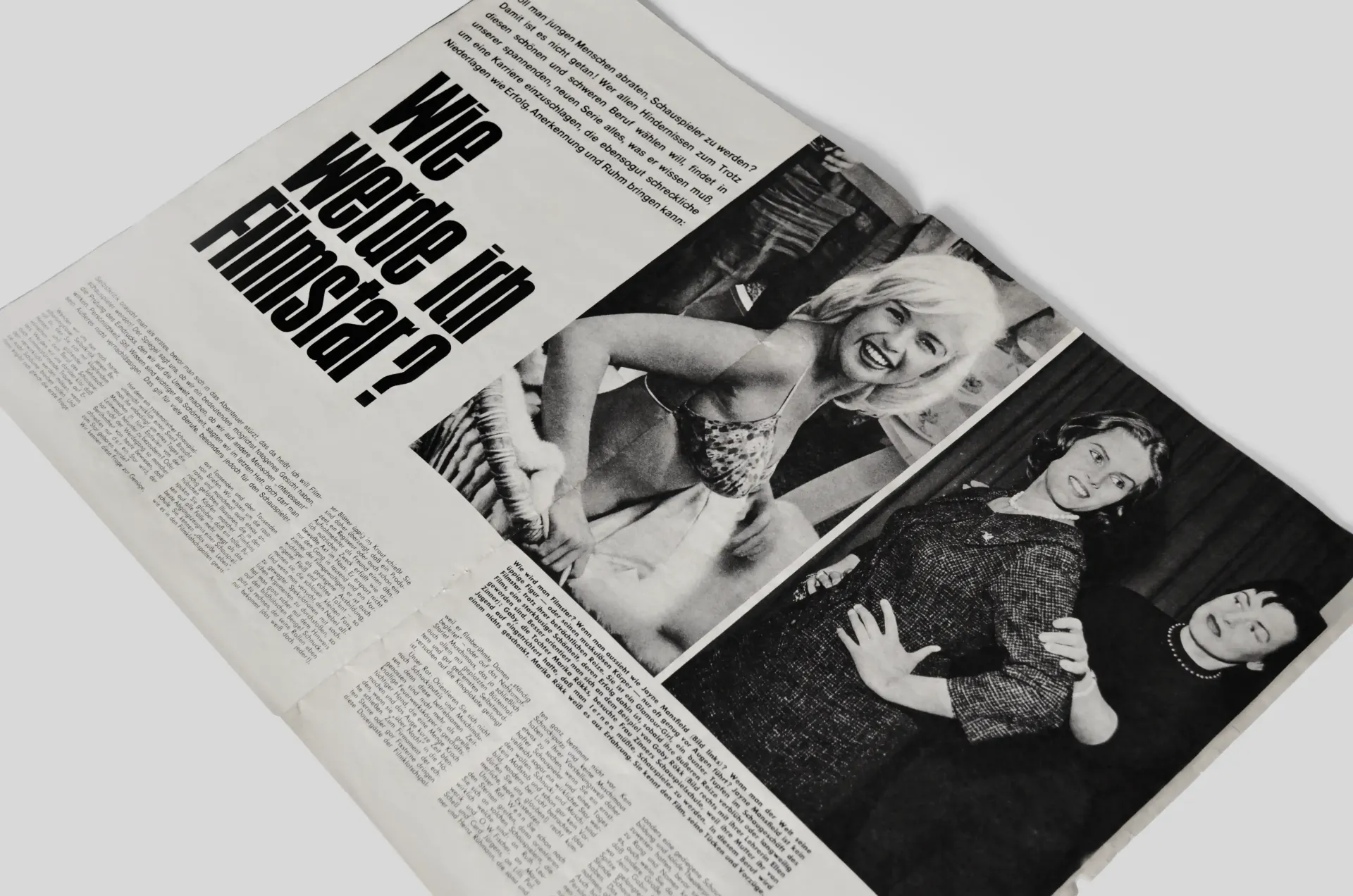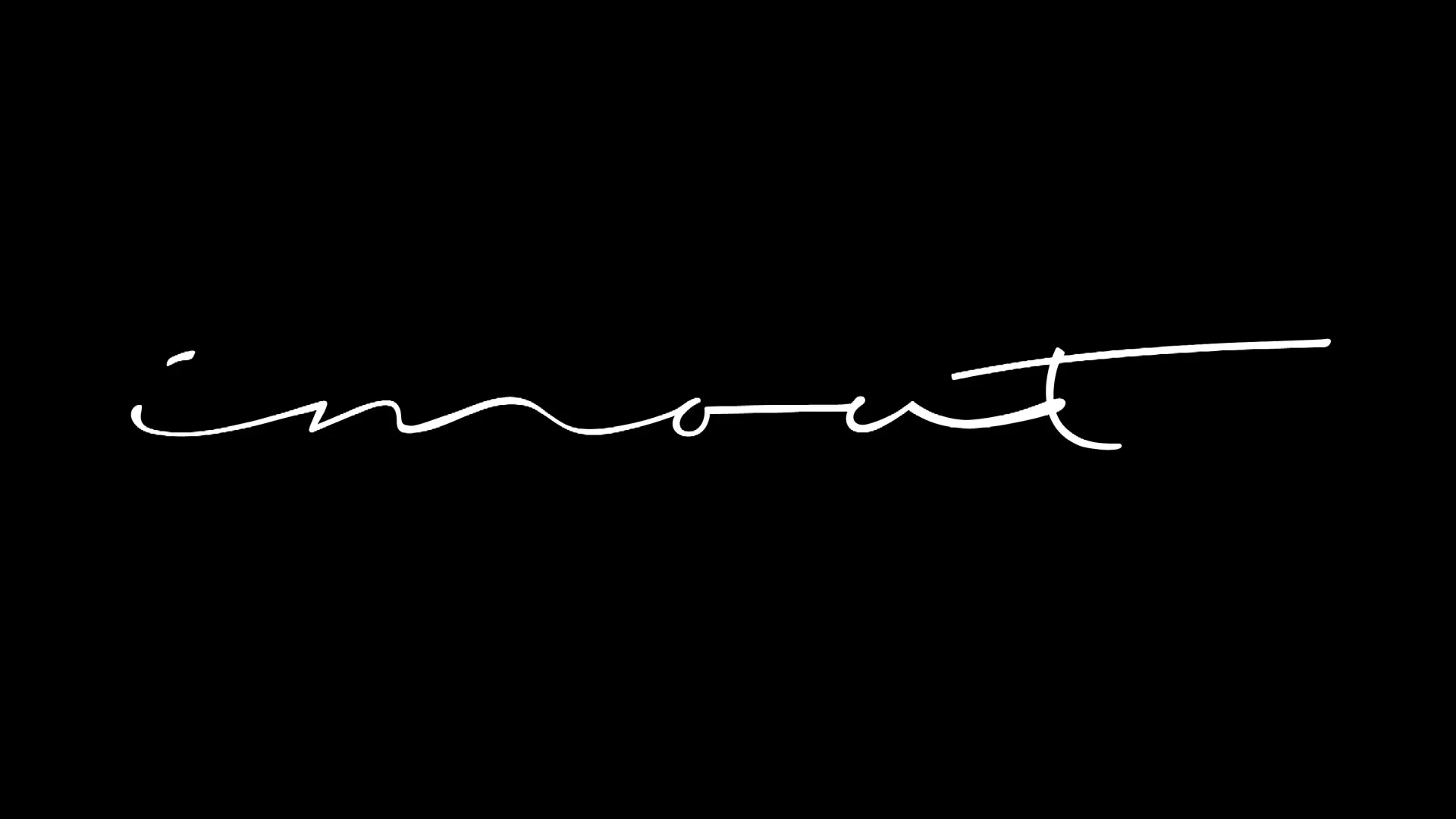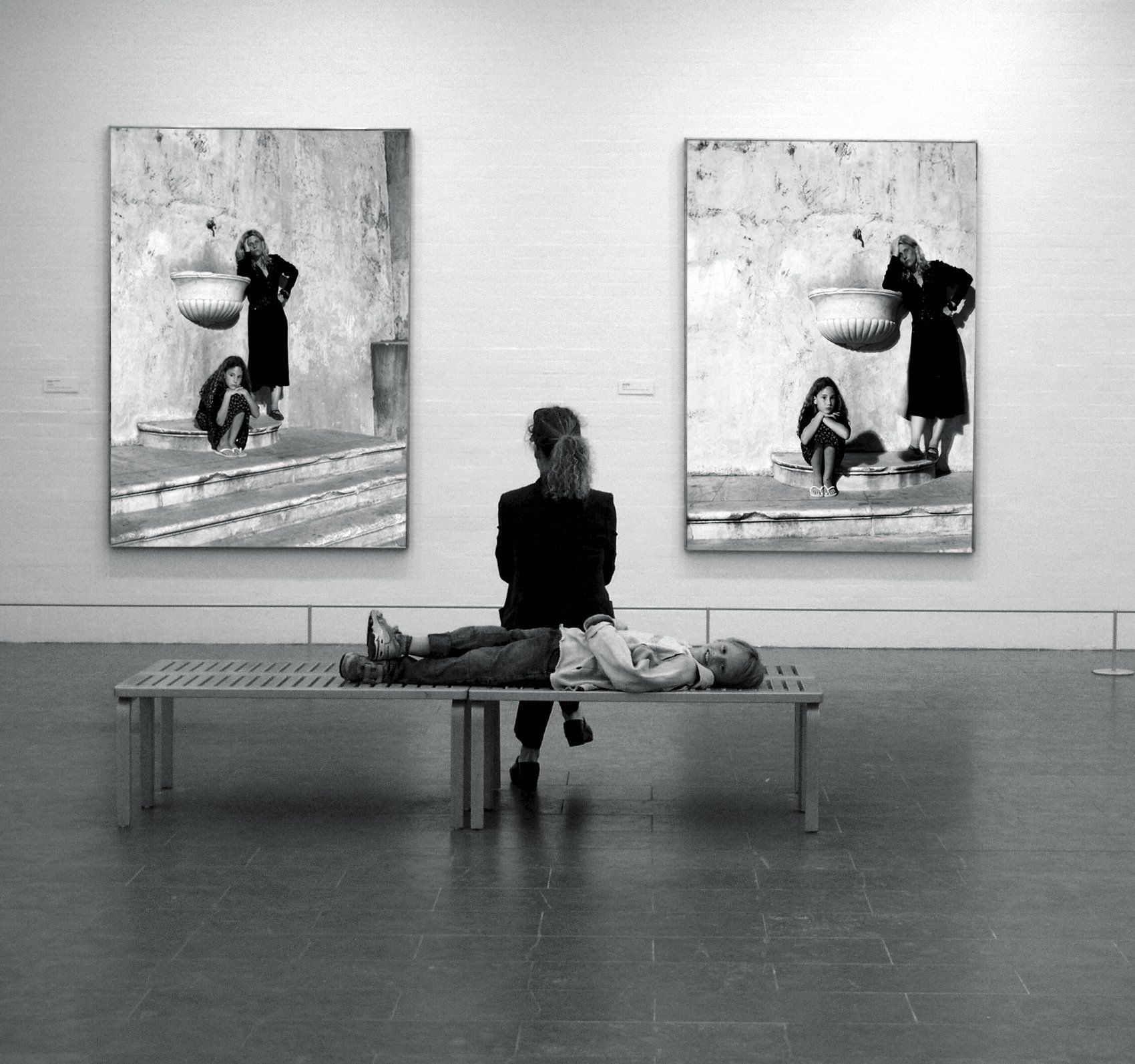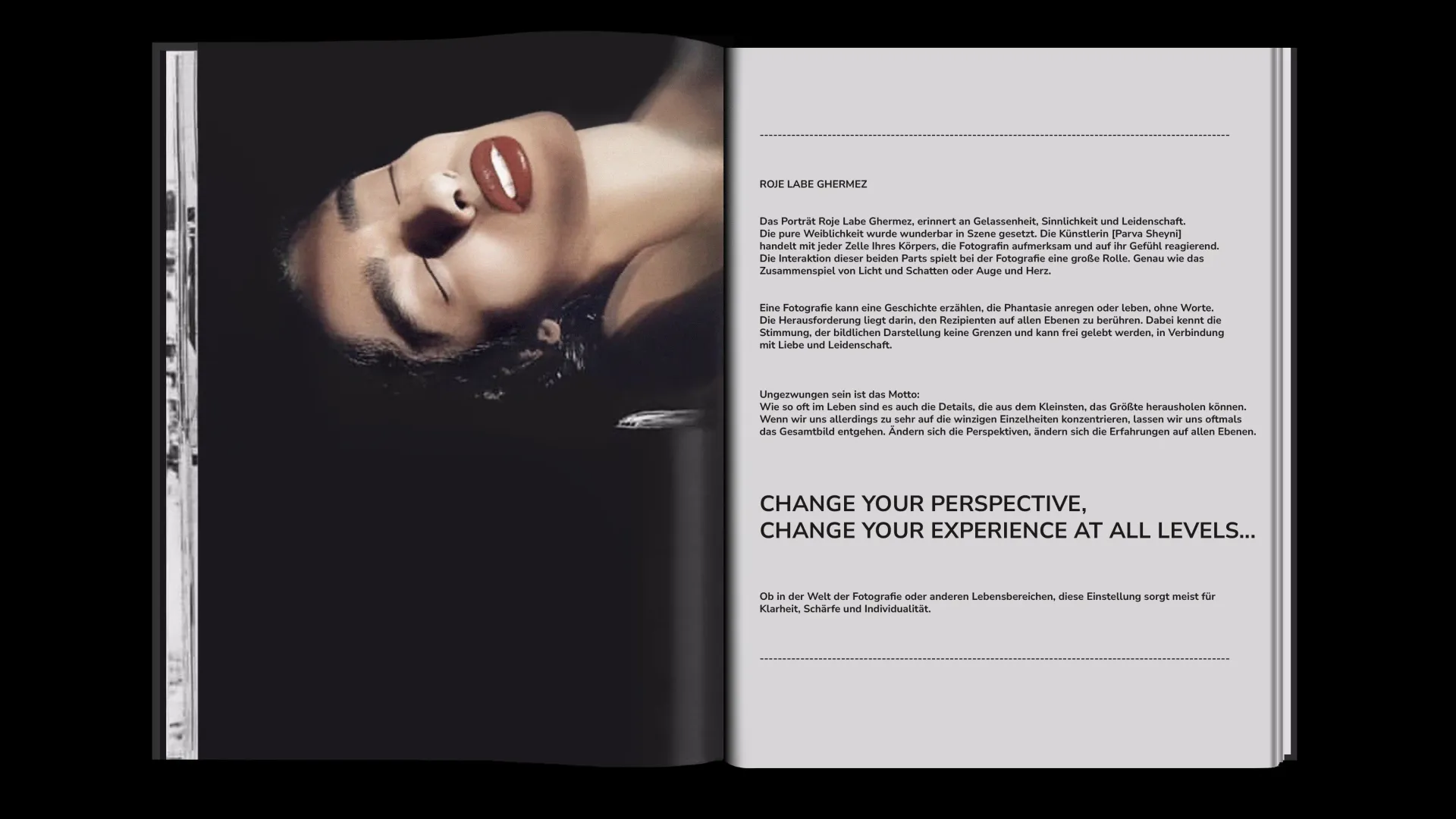THE ADVANTAGES AND DISADVANTAGES
OF BEING AN ACTOR
& THE DIRECTOR'S PERSPECTIVE


THE ADVANTAGES AND DISADVANTAGES
OF BEING AN ACTOR...
ADVANTAGES:
The creative development is given, as actors have the opportunity to put themselves in different roles, embody characters and empathize with their actions, wear the most intresting costumes etc. Renown also brings recognition, which can be motivating on many levels. Particularly successful actors can build up a broad fanbase and are often honored for their achievements (films or series). This profession can be very varied, actors can work in a wide variety of genres and experience new, interesting projects. Travelling is also part of this profession, filming often takes place in exotic locations or interesting cities, that gives the actor the opportunity to get to learn new cultures. In particularly successful series & film productions, an actor can even earn very well.
DISADVANTAGES:
Who am I? Who was I? Who can I be?
In principle, an actor is able to put themselves in different characters and empathize with their actions, in many cases, this ability could be closely linked to the activity of the mirror neurons.
Mirror neurons: These brain cells create the capacity for empathy, but these neurons are not constantly active in all people. Empaths may have more mirror neurons than the average person.
The great empathy with other people and their feelings can quickly lead to life-threatening aspects, if actions are imitated in an uncontrolled manner, above all it has a substantial impact on health.
Actors usually don't have a permanent employment and are constantly trying to get new projects. The phases of unemployment can lead to financial and emotional insecurity. The acting industry is very competitive, there are often more applicants than available roles (collaborations in general), this leads to disappointment, discouragement and dissatisfaction. Actors often struggle with the loss of their privacy, the constant media attention can be very stressful for body & mind. Irregular working hours can have a particularly detrimental effect on private life, there is little time left for family and friends. The work on set is often long and exhausting for everyone, for the actors who have to put themselves in a role, loss of energy or psychological stress are a high risk.
SUMMARY:
The profession of an actor is very varied, but also involves certain unavoidable risks and challenges.
THE DIRECTOR'S PERSPECTIVE
Many years ago my fascination with moving images tempted me to study directing. The processes behind it, the skills and techniques used to create a unique world that captivates, inspires, or even motivates the viewer. The more insight I gained into this world through jobs of fiction and nonfiction projects, the more the subject matter lost its magic, but still not its fascination. Because even though the 'magic' of the moving image was lost, I still came across other related aspects that were previously not perceptible from the viewer’s position. Superficially, directing is about telling a story through moving images. However, a look behind the scenes reveals the many facets of this profession. Transforming the script into images is only a small part of a director's multifaceted work. Following the director's image design, the vision is implemented in detail in arrangement with the cinematographer and every other department, like costume, props, casting, set design, etc. Therefore, the director is the one who makes the final decision regarding the implementation, only the producer can influence or restrict the directing department's decision enforcement. Once the film crew stands firm and the creative preparations have been completed, the practical implementation begins: filming. A director should not only be able to lead the team and be responsible for the creative realisation, but above all be able to introduce the actor emotionally and psychologically into the role, because it is up to the director to decide how the film character acts in a scene so that the role becomes more tangible for the viewer. Of course a lot depends on the actor himself, but it’s about bringing the film character to life and this is kind of synergy between directing and acting. It's also helpful to create emotional parallels with real-life experiences to make it easier for the actor to connect with the role. Furthermore, as a director one should be clear about the processes in each department, which is involved in the film project, this is the best way to be able to know what can be demanded of the respective department and which realisations are within the realm of possibility. Therefore, as a director one should be able to make 'own decisions'.
SUMMARY:
The job of a director is multifaceted, creative and demanding, one should be able to work under pressure and not be afraid to make decisions, even if that doesn't always satisfy everyone on set. What matters is the big picture: creating a great, captivating world with the team, which can be shared with the audience in form of a film.
W/ PI.GRID

ORIG. IMAGES | FILM REVUE MAGAZINE | NR. 13 | 19. JUNI 1962
All rights reserved IMOUT










